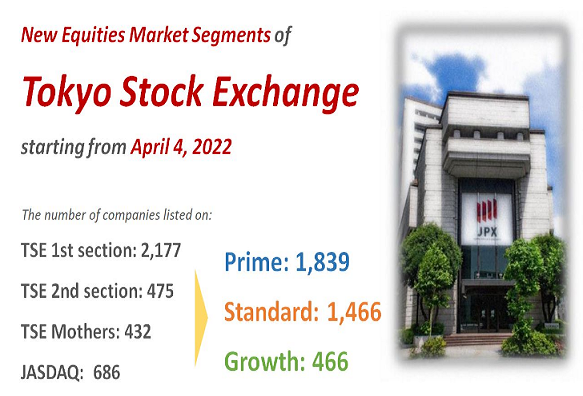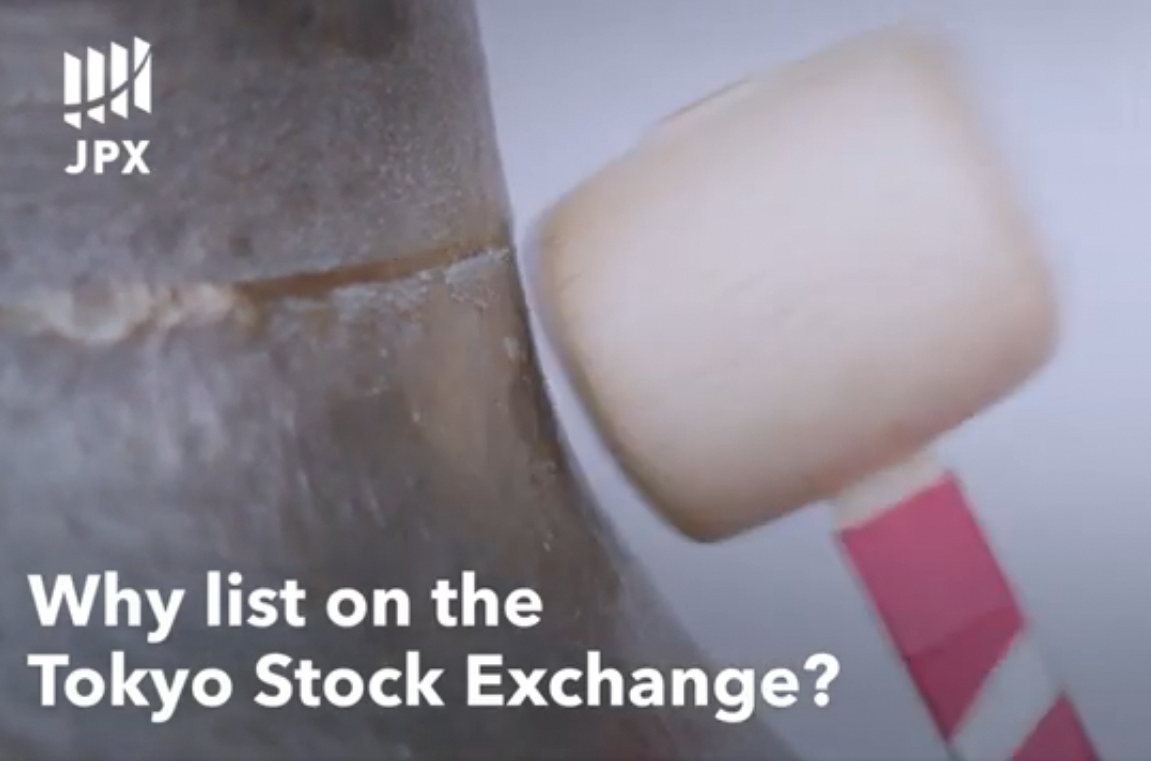TSE Cash Markets
Activist shareholders triples in 5 years, follows Japanese companies’ PBR reforms

The number of activists (activist shareholders) operating in Japan is clearly increasing. In 2023, the maximum was 70, three times the maximum five years earlier. Amidst the trend toward investor-conscious management, such as PBR (price-book value ratio) reforms, the company has strengthened its advance with an eye to increasing corporate value. The focus will be on whether companies can use the dialogue as an opportunity to attract money.
According to IR Japan Holdings, the number of activist funds found to hold stakes in Japanese companies jumped to 70 in 2023 from 23 in 2006. In 2014, it was 8. The number of stocks has been increasing rapidly as the introduction of the Corporate Governance Code (corporate governance guidelines) in 2015, market restructuring in 2022, and the Tokyo Stock Exchange‘s request for P/B ratio improvement in 2023 are expected to increase the appeal of investing in these stocks.
One active foreign player is Oasis Management, a Hong Kong-based investment fund. In the 2023 large shareholding report, there were approximately 20 changes in Japanese equity holdings of 5% or more or 1% or more. For example, Tsuruha Holdings, which was found to have purchased an additional 12% of it last May, reportedly sought to restructure its business and submitted a shareholder proposal for the appointment of a director.
Despite the rejection, Tsuruha‘s current stock price is more than 40% higher than at the end of April due to restructuring expectations and other factors.
ValueAct Capital of the US also appealed to Seven & i Holdings for the sale of unprofitable businesses and other actions to dispatch a director, which was rejected at a shareholder’s meeting in May. The significance of discussing growth strategies, not just short-term measures such as increasing dividends, isn’t small. ValueAct also acquired shares of Nihon Kohden, a medical device company, in December. Nihon Kohden‘s share price rose on expectations of management improvement.
Toda received a shareholder proposal from a French fund to buy back shares. Although the proposal was rejected at the June general meeting, a release at the end of November described it as “It did not provide sufficient explanation to investors about P/B ratios of less than 1x” and indicated measures to be taken, including more than 60 meetings with investors during the year. “We are becoming more conscious of our cost of capital”(Hiroki Kawashima, SMBC Nikko Securities Inc.).
According to Kukrev Advisors, which analyzes business strategy, etc, in medium-term business plans disclosed by companies in 2023, 88 companies (13% of the total) mentioned PBR. The number of companies increased sharply from 2022 (1.6% companies). It is working on various measures such as selling cross-shareholdings, buying back shares, increasing dividends, and improving profitability.
“Management has become more aware of capital efficiency and more willing to engage in dialogue.” Joe Bauernfreund, CEO of Asset Value Investors in the UK, emphasizes. Taro Hirano, president of Japan Catalyst, says, “More and more companies are listening to how they can improve their PBR, and the quality of the dialogue is improving.”
The response of activist shareholders has also changed. In the 2000s, when the activities were in full swing, there was a coercive aspect, including “hostile” Tender Offer. In 2007, Steel Partners of the US famously stated that they were “here to educate Japanese management.” They were also called vultures who made the company spit out money to make a profit. Now “The proposal was changed to gain the approval of other investors” (Manabu Shinohara, Partner at EY Japan).
Companies and investors are often at odds, but Akinosuke Ishigaki, vice president of IR Japan, points out, “It is natural that the time frames and priorities for management differ between the two. An increasing number of companies are using the dialogue as an opportunity to examine logical ways to improve their corporate value.”
According to QUICK, domestic listed companies with P/B ratios of 1x or higher currently accounted for about 60% of the total (about 4,000 companies). Since the end of 2022 (slightly under 50%), the trend has been increasing, and the results of serious efforts to improve corporate value are starting to show. The number of stocks in which ACTIVIST shareholders can invest is likely to increase after 2024. If companies can see this as an opportunity and apply it to the next stage of growth, the current stock price rise in Japan will be a passing phase.
Related links





